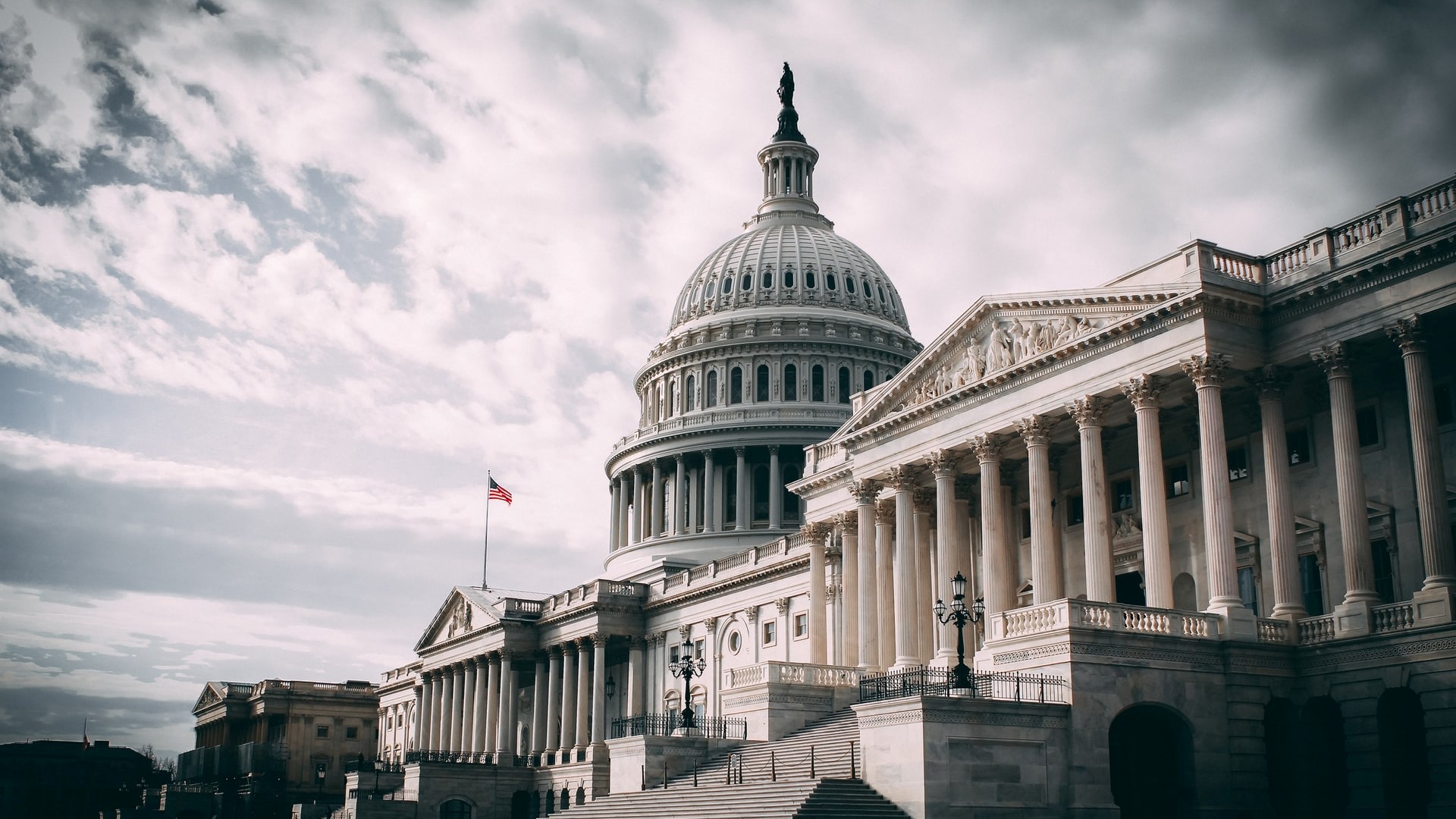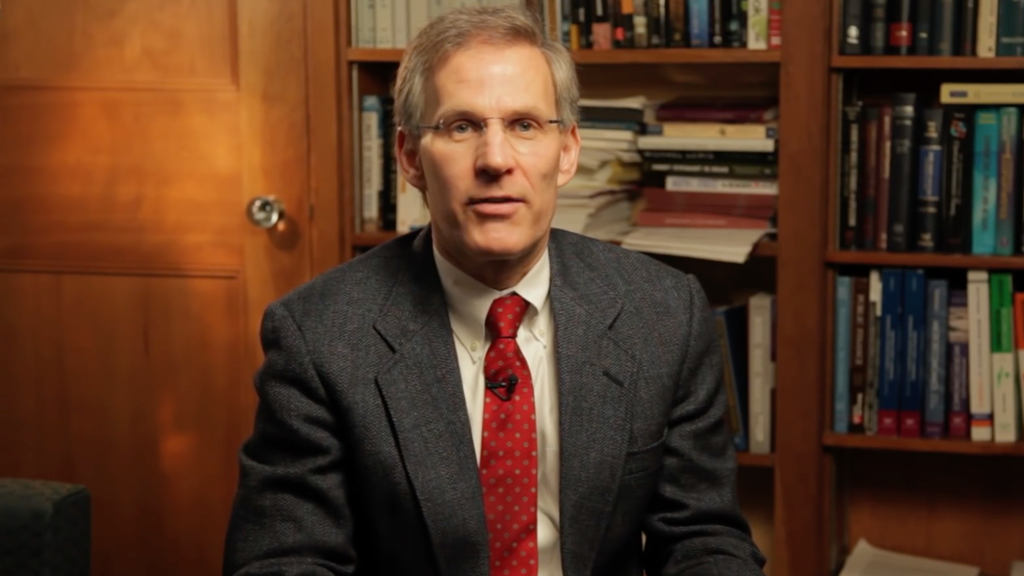Tag: government spending


Inefficiency and unintended consequences: why environmental regulations typically fall short
May 30, 2023 | Post
In an era marked by growing concerns about climate change, the role of government in addressing environmental issues has become increasingly prominent. However, as billions of dollars are poured into climate change programs and regulations, it is essential to critically examine the true impact and costs of these initiatives.

Rob Your Neighbor: the philosophy of publicly funded projects
December 19, 2022 | Post
The philosophy involved in Rob Your Neighbor, a game many families play at Christmas that involves buying generic gifts to be chosen at random, mirrors the public model of taxation.

We cannot continue to ignore the root causes of America’s debt crisis
October 16, 2021 | Post
Addressing the debt ceiling may have been pushed further down the road, but the root causes of America’s debt crisis need urgent attention.

Reddit AMA with Professor Jeffrey Miron of Harvard University
August 4, 2017 | Post
Dr. Miron has written over 100 op-eds and several books, including Drug War Crimes: The Consequences of Prohibition (2004) and Libertarianism: from A to Z (2010).

Don't raise Uncle Sam's credit limit
April 2, 2017 | Post
Once again, the United States government is rapidly approaching a fiscal debt ceiling. After March 16, 2017, Uncle Sam is not legally allowed to borrow any more money to cover its budget deficits, unless Congress votes to raise the debt limit like it has every time in the past. Uncle Sam’s debt has been growing […]

Was Obamacare truly evil, or just a missed opportunity?
February 26, 2017 | Post
I do favor some role for the government. One idea for overcoming the free rider problem is mandatory health saving accounts and catastrophic insurance. (The alternative is letting people who choose not to be insured simply die when they are sick. Even if that’s the right policy, society is not willing to adopt it—so health savings accounts seem like a good second best policy.)

Buy 'em out – a new strategy for cutting government
November 9, 2016 | Post
In 1930, total government expenditure was 10% of GDP. Of that, approximately 3% was federal spending, and 7% was state and local spending. Today, government expenditure is about 40% of GDP, with 25% of that spending federal, and the remaining 15% state and local.

